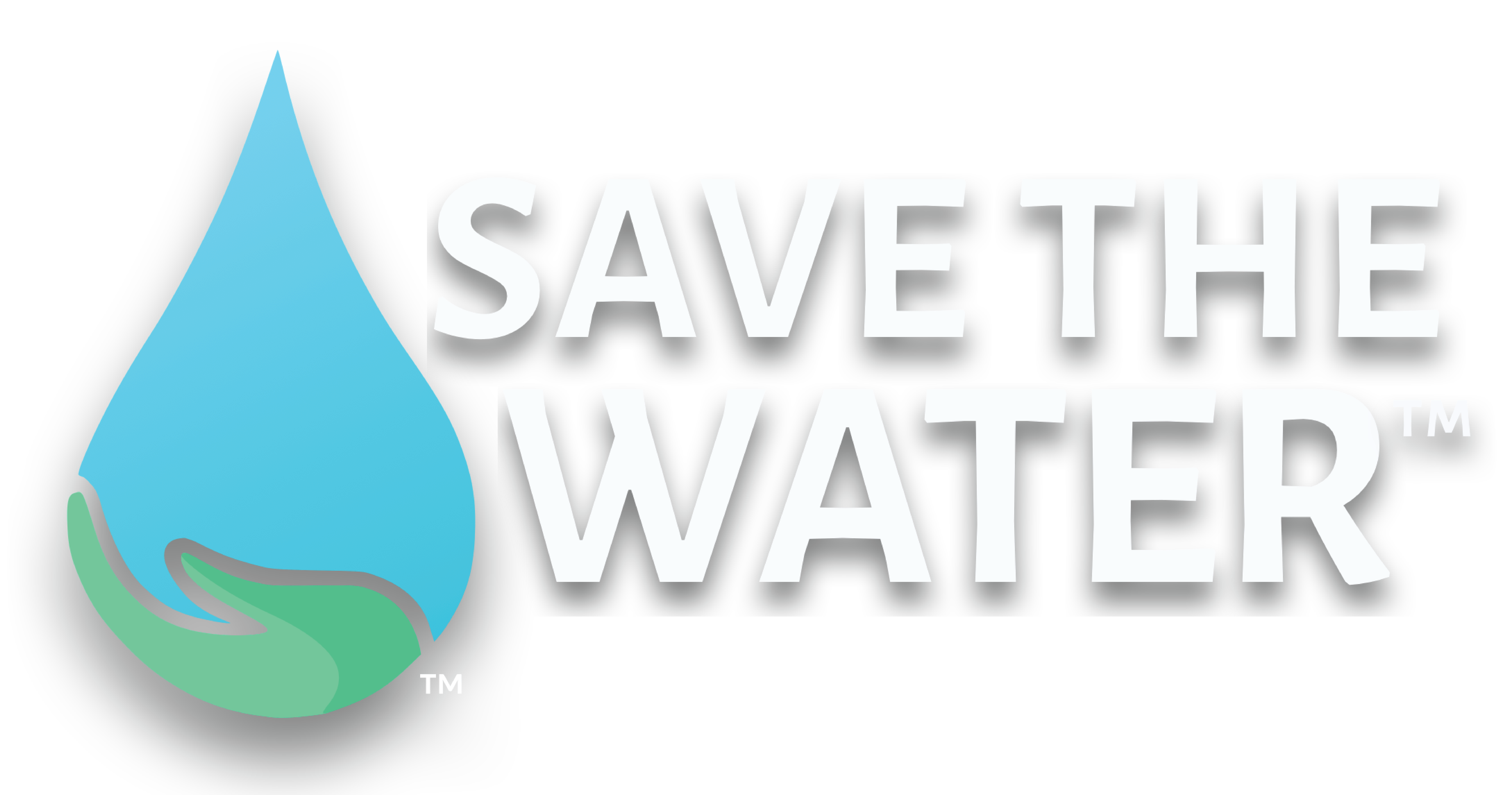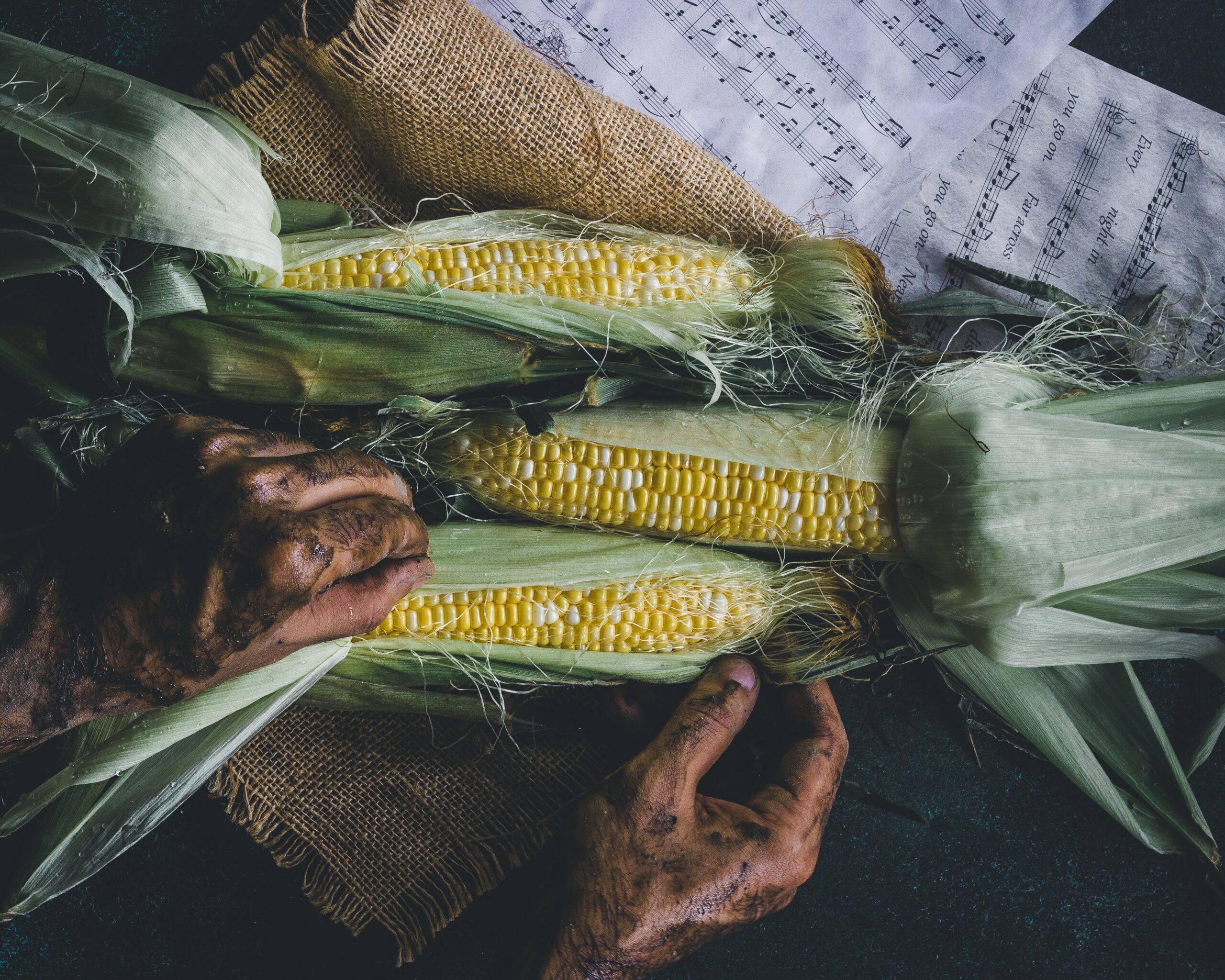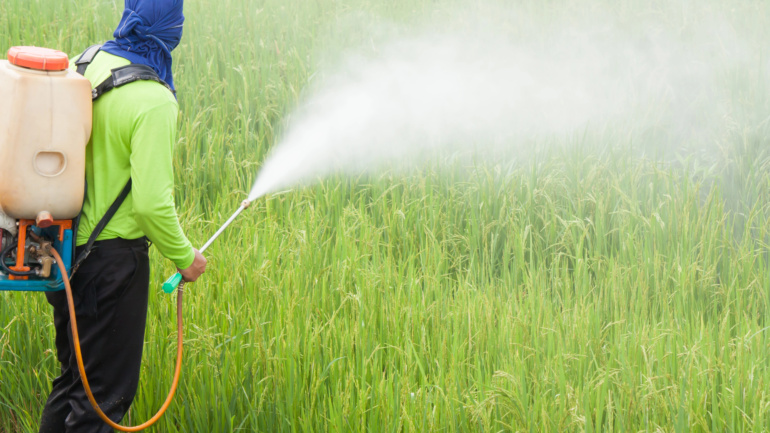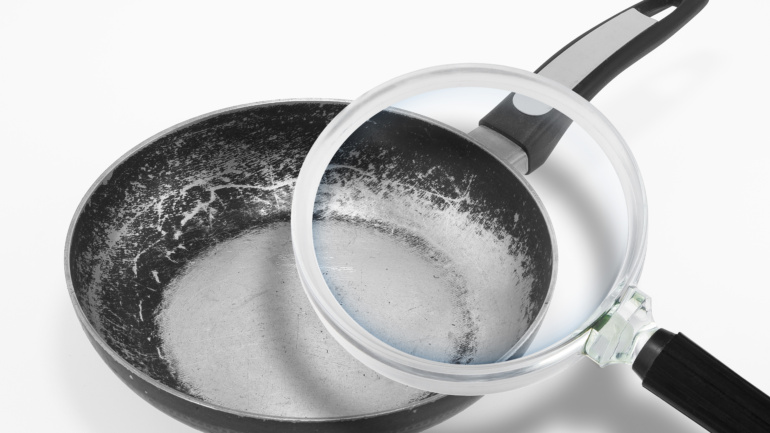By Lauren Hansen, Staff Researcher/Writer at Save the Water™ | June 17, 2021
What is corn waste, and what’s so great about it?
Recent lab research at UC Riverside has found a new way that corn waste actually cleans water. Corn waste, also called corn stover, is everything except the corn kernels and includes leaves, stalks, husks, and the cob. This material absorbs water pollutants.
Instead of simply disposing of corn stover as waste, Professor Kandice Leslie Abdul-Aziz and graduate students Mark Gale and Tu Nguyen found a way to upcycle the material.
When they heated corn stover biomass with hot compressed water, the corn stover turned into activated carbon. Activated carbon (also called activated charcoal) absorbs chemicals and impurities. Indeed, Adul-Aziz and the doctoral students found that the treated corn stover could absorb 98% of the pollutant vanillin from water.
Not necessarily a new idea
The researchers at UC Riverside used the process of hydrothermal carbonization (hot compressed water) to treat corn waste. However, the basic idea of using corn waste to clean water is not new. In fact, their research replicates that of Indian teenager Lalita Prasida Sripada Srisai.
Srisai won a prize at the Google Science Fair in the United States back in 2015 for discovering a low-cost way to filter water. Srisai layered dried-out cobs on top of one another. Some cobs were dried, while others were cut to various sizes, ground up, and/or burned to create activated charcoal. Adding sand as an additional filtration layer, Srisai ran wastewater through these layers and found that they absorbed most water pollutants.
In addition, Srisai learned that dried corn cobs absorbed detergents, gasoline, salts, and heavy metals from the pond water when immersed in pond soil. Srisai’s research directly addresses the water crisis in India (her home country) sustainably.
Why are corn cobs suitable to clean water?
Corn cobs are rigid, porous, and have a high surface volume, making them great for adsorption. Adsorption is the process of using solids to remove substances from gases or liquids.
Bottom line
The idea that corn waste can clean water is not necessarily new. However, the latest research coming out of UC Riverside shows that treating corn with hot compressed water removes water pollutants. This is one more important step forward in sustainable water treatment.





